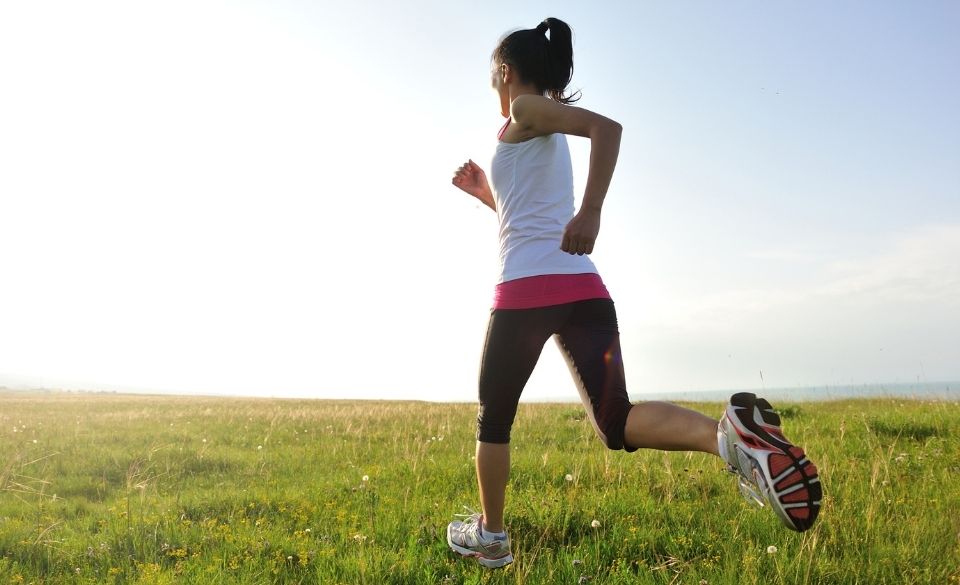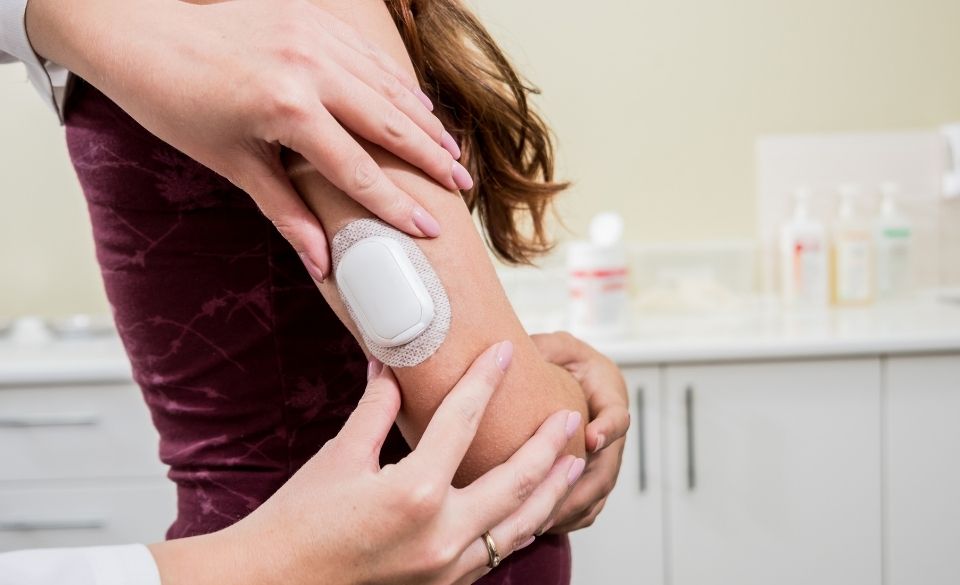
Running With Diabetes – Everything You Should Know!
Page Contents
There are many benefits to running, including improved cardiovascular health and weight loss. But did you know that running and exercise can also help improve your diabetes?
Running can help to regulate blood sugar levels, making it an important part of any diabetes management plan. Research has shown that just 30 minutes of running per day can significantly improve blood sugar control in people with type 1 diabetes.
If you have diabetes, it’s important to talk to your doctor before starting any new exercise routine. But if running is something you’re interested in, there are a few things you can do to make sure you’re staying safe and healthy when dealing with type 1 diabetes.
Exercise And Diabetes – What Should You Know
Even though exercise can help those with type 1 diabetes, understanding how it can impact blood sugar levels can be a daunting task, particularly for those who have just been diagnosed. That is why it is important to understand the effects of running with diabetes.
Exercise has been shown to lower blood sugars by increasing insulin sensitivity and burning glucose. For some, it can cause hypoglycemia (also known as low blood sugar level).
Hypoglycemia can come on during, after, and the following day after exercise. However, for others, it can have the opposite effect, and cause their blood sugar to rise.
This shouldn’t put you off running or doing other forms of exercise, it will just mean you will need to manage and understand how your body responds to running.
Once you understand how the body responds, you will then be able to manage your blood sugar levels much better.
Type of exercise, duration, frequency, and fitness can all affect your blood sugar level. Because running can entail everything from aerobic and anaerobic fueling systems (high-intensity interval training to sprinting and distance runs), it is important to understand variances in your blood sugar levels. Once you start to understand the variances, you will be able to target your insulin and nutrition strategies much better.
Because of the variability, this needs to be taken into account when planning the type of session and duration. Since management of your blood sugar, while running is highly individualized, there is no one set solution or strategy.
Pre-exercise blood sugar level, your last meal, and the amount of insulin you have can also affect your blood sugar levels. And because there is no perfect universal science you will need to figure out your individual trend. Once you do this, you will be able to run without the fear of glucose excursions (highs and lows).
What Do I Need to Know Before Running With Diabetes?
If you have been diagnosed or are new to running, there are some basic things you should know before running with diabetes.
First, you will want to know what your blood sugar levels are. This will tell you how much insulin you have on board. It can also help you to find what foods work best for you before running.
Your glucose levels before running (or exercise for that matter), should be around 126-180 milligrams per deciliter (mg/dL). If your blood glucose is below this, try consuming 10-20 grams of carbohydrates. If blood glucose is less than 90 mg/dL, carbohydrate intake should be increased to 30-40 grams.
For long runs or anything longer than 60 minutes in duration, it is recommended that carbohydrate intake should be between 1-4 grams per kilogram (g/kg) one to three hours before your long run. This can also prevent gastrointestinal stress from protein and fat leading up to your run.
If you find your blood glucose is too high (250 mg/dL or higher) before exercising, you may want to check your blood or urine for ketones. If the test comes back positive with ketones, it is recommended to avoid intense exercise.

What to Eat Before Running?
If your blood sugar falls below 90 mg/dL, you should try to consume food that is rich in carbohydrates and protein. This will help your blood sugar levels from dropping during your run.
Some foods that can work well in this instance include low-fat yogurt mixed with berries or toast with peanut butter.
The amount of carbs you will need to consume ultimately depends on your blood sugar levels. The distance of your run and the intensity you plan to train at will play a factor too. For example, if your blood sugar is less than 126 mg/dL you would need to take in around 15 grams of carbohydrate and more if it is less than 90 mg/dL. Then if you combine this with protein it can help delay symptoms of hypoglycemia.
Bear in mind some people, should not take the above snacks with insulin, while others made need to take a small amount.
Because everyone is different, you will need to try different methods and foods to see which works the best for you.

Monitoring Blood Sugar Levels
To measure your blood sugar levels, the American Diabetes Association has said that people that have type 1 diabetes should learn how to monitor blood glucose and understand glucose monitoring data. Runners should also learn how to monitor food intake and exercise, so they can achieve the goals they have planned with their running.
The more regularly you test your sugar, the more you will understand how your body responds to your training.
With this being said, it is important to frequently test your blood sugar levels before, during, and after exercising. This can be done through a continuous glucose monitor (CGM). A CGM can then help you to adjust your insulin and carbohydrate intake.
Because every person is different, especially when it comes to running with diabetes, a good recommendation is to keep your glucose between 100-200 mg/dL during your run. And if it drops below 100 mg/dL introduce some carbohydrates to help elevate your blood glucose. This will help you to avoid hypoglycemia, which will ultimately affect your run.



